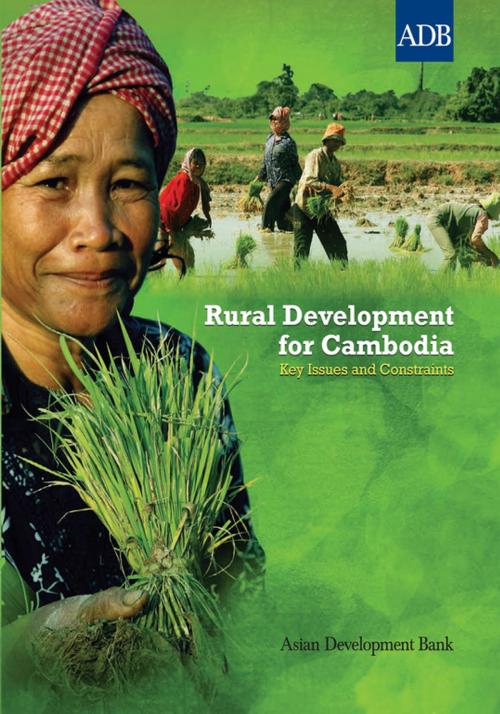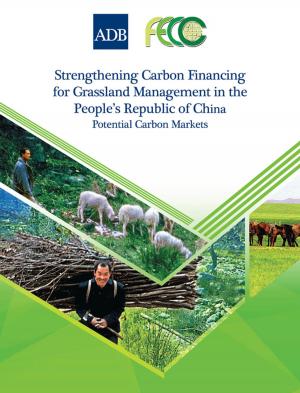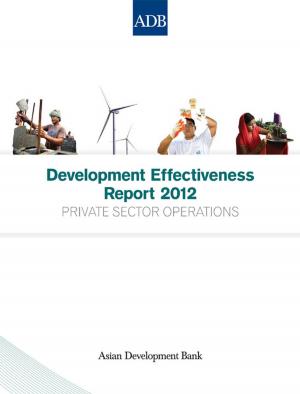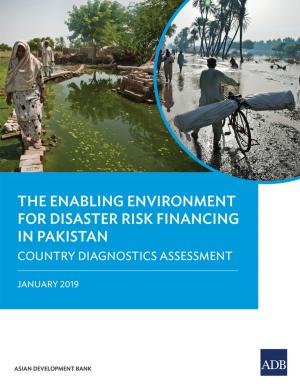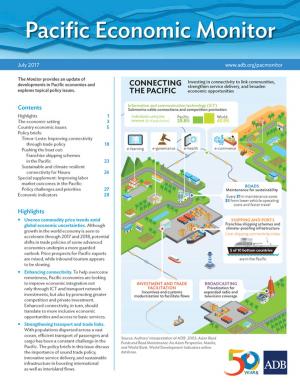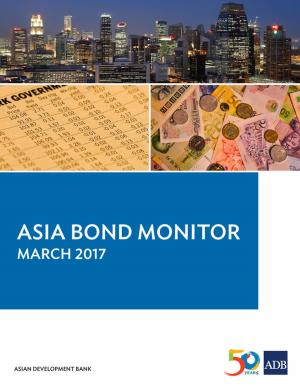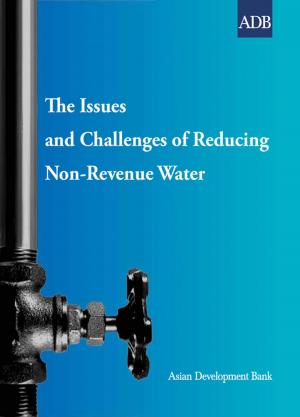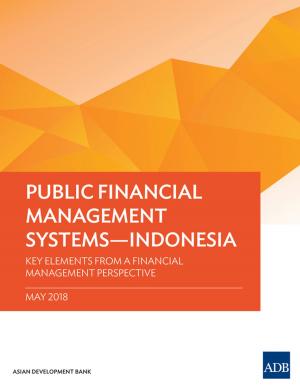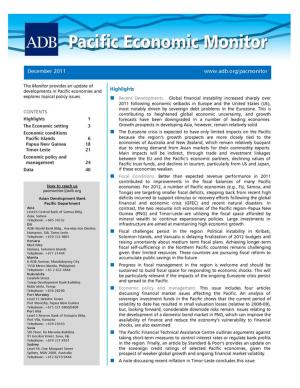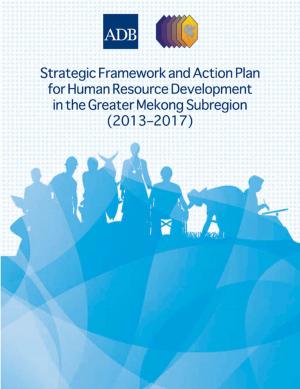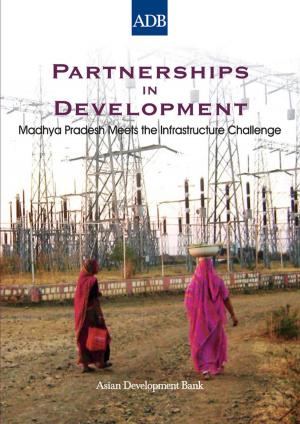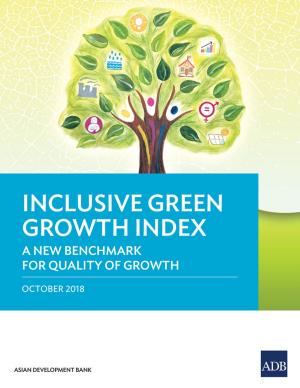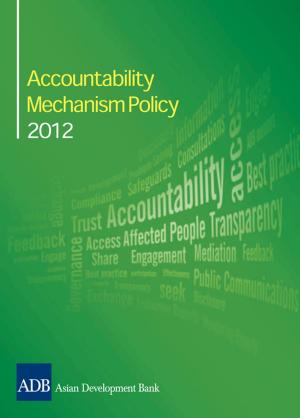Rural Development for Cambodia
Key Issues and Constraints
Business & Finance, Human Resources & Personnel Management, Structural Adjustment| Author: | Asian Development Bank | ISBN: | 9789290925712 |
| Publisher: | Asian Development Bank | Publication: | April 1, 2012 |
| Imprint: | Asian Development Bank | Language: | English |
| Author: | Asian Development Bank |
| ISBN: | 9789290925712 |
| Publisher: | Asian Development Bank |
| Publication: | April 1, 2012 |
| Imprint: | Asian Development Bank |
| Language: | English |
Cambodia's economic performance over the past decade has been impressive, and poverty reduction has made significant progress. In the 2000s, the contribution of agriculture and agro-industry to overall economic growth has come largely through the accumulation of factors of production---land and labor---as part of an extensive growth of activity, with productivity modestly improving from very low levels. Despite these generally positive signs, there is justifiable concern about Cambodia's ability to seize the opportunities presented. The concern is that the existing set of structural and institutional constraints, unless addressed by appropriate interventions and policies, will slow down economic growth and poverty reduction. These constraints include (i) an insecurity in land tenure, which inhibits investment in productive activities; (ii) low productivity in land and human capital; (iii) a business-enabling environment that is not conducive to formalized investment; (iv) underdeveloped rural roads and irrigation infrastructure; (v) a finance sector that is unable to mobilize significant funds for agricultural and rural development; and (vi) the critical need to strengthen public expenditure management to optimize scarce resources for effective delivery of rural services.
Cambodia's economic performance over the past decade has been impressive, and poverty reduction has made significant progress. In the 2000s, the contribution of agriculture and agro-industry to overall economic growth has come largely through the accumulation of factors of production---land and labor---as part of an extensive growth of activity, with productivity modestly improving from very low levels. Despite these generally positive signs, there is justifiable concern about Cambodia's ability to seize the opportunities presented. The concern is that the existing set of structural and institutional constraints, unless addressed by appropriate interventions and policies, will slow down economic growth and poverty reduction. These constraints include (i) an insecurity in land tenure, which inhibits investment in productive activities; (ii) low productivity in land and human capital; (iii) a business-enabling environment that is not conducive to formalized investment; (iv) underdeveloped rural roads and irrigation infrastructure; (v) a finance sector that is unable to mobilize significant funds for agricultural and rural development; and (vi) the critical need to strengthen public expenditure management to optimize scarce resources for effective delivery of rural services.
